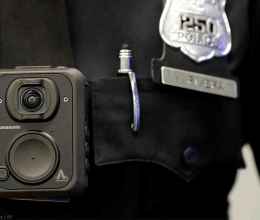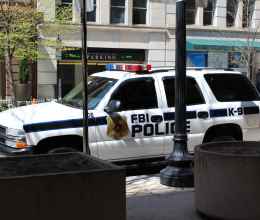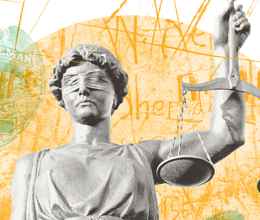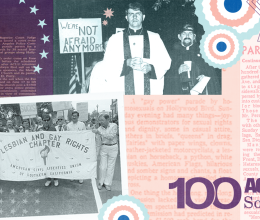
Please attribute the following statement to Hector Villagra, executive director of the ACLU of Southern California:
Police beatings of African Americans did not begin with Rodney King. But the grainy images captured on a video camera 25 years ago put in front of the world the kind of bludgeoning black people have endured for generations at the hands of police.Contact: Sandra Hernandez, 213.977.5252, shernandez@aclusocal.org Ed Boyer, 213.977.5242, eboyer@aclusocal.org
As powerful and sickening as those images were, they were not powerful enough to prevent a jury in Simi Valley, Calif. from acquitting the officers and unleashing days of rage when swaths of Los Angeles went up in flames, leaving 55 people dead and destroying $1 billion in property.
Twenty-five years since the King beating, every owner of a smart phone carries a video camera, and the ACLU affiliates in California have made it easier for people to securely record and upload video with the release last year of Mobile Justice CA, a smart phone app already downloaded nearly 200,000 times.
Dash cams have also been mounted in squad cars, and some departments have equipped their officers with body worn cameras.
And those cameras have captured disturbing images of officers shooting unarmed men to death in South Carolina, Gardena, Calif. and Chicago, not to mention a child in Cleveland. Cameras can be a very effective tool if the footage they record contributes to transparency. But policies like those in Los Angeles undermine that transparency in not releasing footage except in court cases and requiring officers to view footage before making their initial statements.
Video technology has advanced faster than police culture has adapted to protecting and serving all of the people. The shootings and beatings have continued. Shocking videos continue to surface. Prosecutors continue to stretch credulity and find questionable uses of force justifiable.
But the mounting catalog of video evidence can only be ignored for so long. What began with the videotape of King’s beating has advanced to the point where police violence is recorded on a regular basis. And those recordings may eventually explode the walls protecting officers and the legal system that shields them from accountability.





